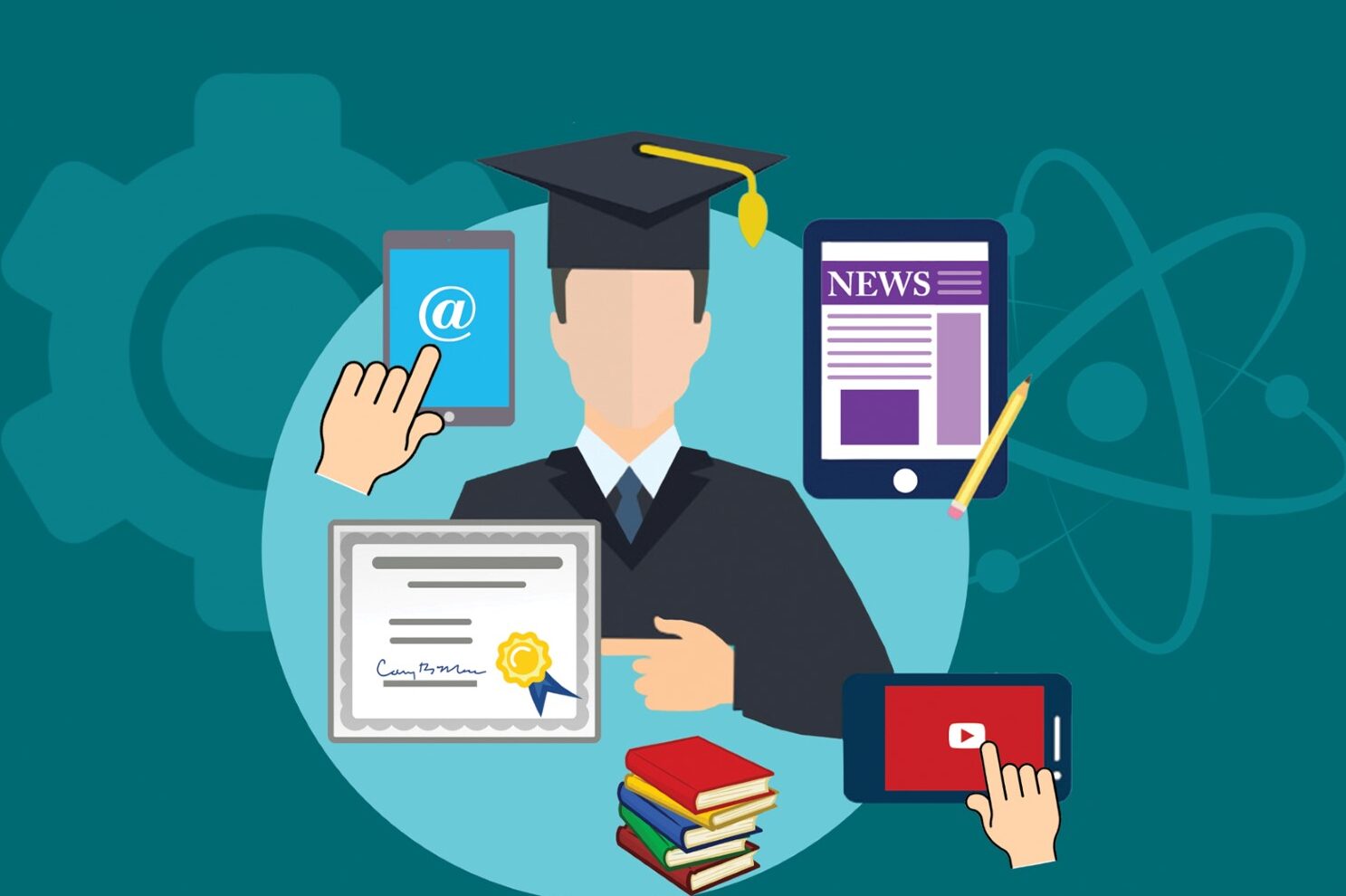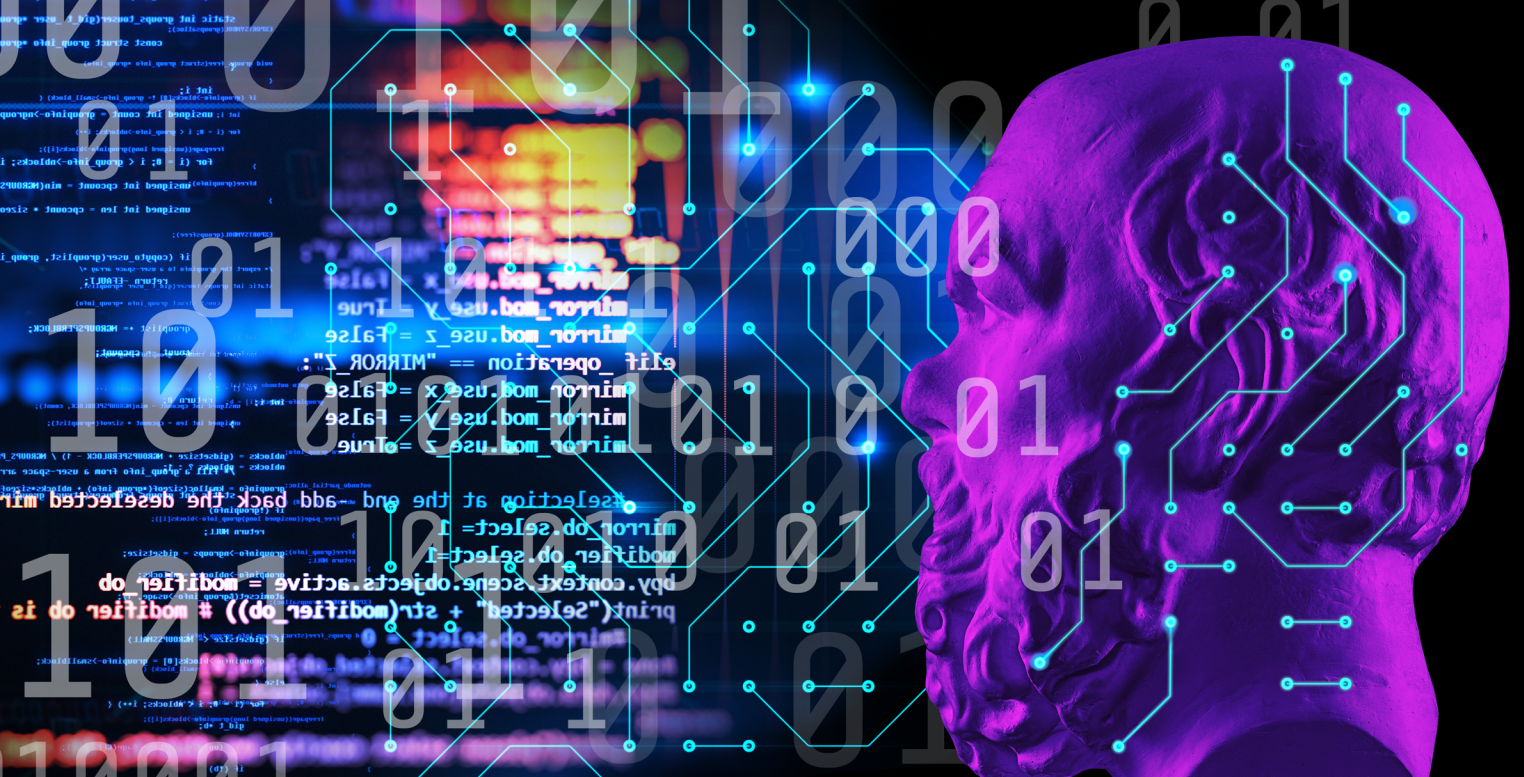Digital literacy is the ability to understand and effectively use digital technologies. This includes the ability to find, use, and create information online in a productive and responsible manner. As technology continues to become more integrated into our daily lives, digital literacy skills have become essential for everyone. Beginning digital literacy programs in K-12 education is crucial in preparing students with the skills they need to engage with technology both now and in the future. Possessing digital literacy allows individuals to improve their efficiency, access to information, and overall fulfillment and happiness in life.
In the digital age, coding has become an increasingly important skill to possess. Coding is the process of creating software, applications, and websites using programming languages. It is a valuable tool that can help individuals better understand and navigate the digital world. One of the main reasons why coding is important is because of its role in education. The use of technology in education has increased significantly, and possessing digital literacy skills, including coding, has become essential. Additionally, learning how to code can provide individuals with transferable skills such as problem-solving, creativity, and critical thinking.
Learning how to code also provides numerous benefits beyond just career opportunities. It can help individuals develop skills and mindsets that reach beyond the digital world. Knowledge of coding can also help individuals learn other aspects of technology more quickly and efficiently. Furthermore, it allows individuals to become creators rather than just users of technology, providing them with a sense of empowerment and ownership over the digital world. In summary, everyone should learn how to code as it can help develop essential skills, improve career opportunities, and provide a sense of empowerment in the digital age.
The significance of digital literacy in today’s job market
In today’s job market, digital literacy has become increasingly important. The demand for digital skills is growing rapidly, and it has become indispensable for every global citizen to possess these skills in order to communicate, find employment, and receive comprehensive education [9]. Digital literacy means being able to understand and use technology, allowing individuals to find, use, and create information online in a productive and efficient way. As a result, possessing digital literacy skills is essential for success in today’s job market.

High-paying jobs in the tech industry are one of the many benefits of possessing digital literacy skills. For as long as there have been computers, servers, and electronic communications, there has been a need for digitally inclined professionals, like IT specialists and software developers, who possess the knowledge and skills to create and maintain these technologies. However, digital literacy skills are not only important for tech-related jobs. In fact, possessing these skills can be an asset in any industry, as technology is increasingly integrated into every aspect of the workforce.
The importance of digital literacy in non-tech jobs cannot be overstated. Being digitally literate means that individuals develop technological skills, learn authorship rules such as copyright and plagiarism, and understand how to access and evaluate information online. With a high proportion of jobs involving technology, digital literacy provides a stepping-stone to the future, and children who develop these skills early on will be better prepared for the job market of tomorrow. Thus, possessing digital literacy skills is crucial for success in today’s job market, regardless of the industry one is pursuing.
The role of digital literacy in innovation and problemsolving
Digital literacy is becoming increasingly important in today’s global economy. It involves having access to and comprehension of digital tools and technologies, as well as the ability to use them effectively. Becoming digitally literate means developing technological skills, understanding authorship rules such as copyright and plagiarism, and knowing how to access and evaluate information. Digitally literate individuals are more efficient collaborators because they can easily identify essential data, information, and patterns, and use them effectively. In short, digital literacy is essential for full participation in the modern world, and it is not just about knowing how to operate technology but about effectively navigating a world that has been transformed by it.
Digital literacy skills are also crucial for innovation and problem-solving. Digital literacy allows individuals to identify and analyze complex problems, and to develop innovative solutions using digital tools and technologies. The ability to code, for example, enables individuals to develop software and applications that can solve problems and improve people’s lives. Furthermore, digital literacy skills are increasingly in demand by employers, who are looking for candidates with the ability to think critically and creatively, and to adapt to new technologies and changing work environments.
The future of digital literacy is likely to have a significant impact on society. Digital technologies are transforming the way we live, work, and communicate, and the ability to use them effectively is becoming increasingly important. Digital literacy has the potential to improve lifelong learning and increase access to education and training, particularly for those who may not have had access to traditional educational opportunities. As such, it is essential that individuals are equipped with the digital literacy skills necessary to thrive in the modern world and to contribute to the continued growth and development of society.










